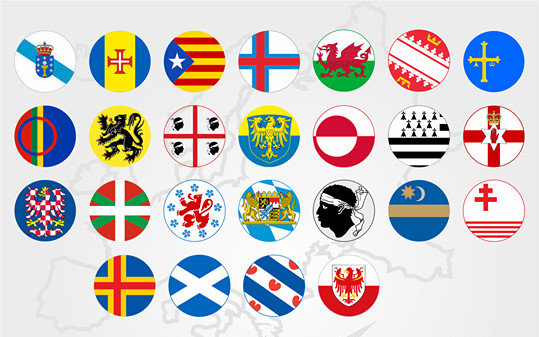Dear Commissioner,
We were pleased to note your personal participation in the debate on the European Citizens’ Initiative on July 10, and that you concluded the session on behalf of the Commission.

We consider it particularly important that you emphasized in your speech that the Commission “takes the principle of non-discrimination very seriously.”
As European citizens — initiators and supporters of the European Citizens’ Initiative “Cohesion policy for the equality of the regions and sustainability of regional cultures” — we feel it is our duty to point out the serious contradiction between the Commission’s public statements and the reality on the ground.
Our initiative clearly states:
“Discrimination against these regions must be strictly prohibited, including indirect forms of discrimination.”
This is not merely a moral principle; it is also a legal obligation. EU anti-discrimination Directive 2000/43 includes the prohibition of indirect discrimination — that is, practices which appear neutral but in reality disadvantage a specific group.
National regions often suffer precisely from such indirect disadvantages. For example, if the per capita gross product of a national region is consistently lower than that of the surrounding regions, this raises a well-founded suspicion that development policies are in place which do not promote cohesion, but rather perpetuate disparities and reproduce discrimination.
We ask:
Does the Commission truly examine whether cohesion policy might indirectly discriminate against these communities?
In the reports on cohesion policy, there is no trace of such investigations. Yet if the Commission does not even explore the possibility of indirect discrimination, then what does it mean to say it takes the principle of non-discrimination seriously?
In your closing statement, you said: “we have supported linguistic and cultural areas as well.”
This remark tacitly acknowledges that there are areas shaped by community identity — not by administrative boundaries, but by shared language and culture.
We ask:
What are these areas? Where is the public register of them? What principles determine whether a region qualifies as such a ‘linguistic-cultural’ area?
This is precisely what the citizens' initiative requested: the definition and listing of national regions.
If the Commission considers support for such areas important, why is it unwilling to name them? And if it does not acknowledge their existence, then any support granted in their name becomes an empty rhetorical gesture, lacking real substance.
Finally, you stated:
“The opinions expressed will be included in our evaluation, and the Commission will present its assessment by the 4th of September.”
We, as European citizens, expect that this evaluation will be more than an administrative summary — we expect a true assumption of political responsibility.
The Commission is faced with a clear question:
Will it reinforce the silent indifference of the current system, or will it recognize that the rights of national regions — including the right to control their own development — are indeed a European cause?
If the Commission has the legal authority to decide — and the law says it does — then is legislation merely a matter of goodwill?
No. This will be a test of the Union’s own core values.
If non-discrimination is truly taken seriously, then the time has come: take real action.
Respectfully,
Marosvásárhely (Târgu Mureș), July 21, 2025
Balázs Izsák
President of the Szekler National Council


 Our symbols
Our symbols  Autonomy
Autonomy

 Szekler National Council
Szekler National Council